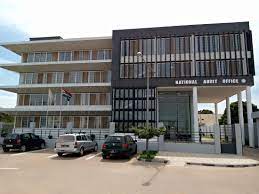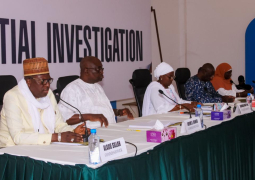
However, the report states: “During the audit, we noted that the government is required to issue a directive to airlines operating at Banjul International Airport to collect from passengers on behalf of Securiport, a security fee for each arriving and departing international passenger.”
The NAO report adds that the task force set up by the government to assess the viability of the project recommended the replacement of the 15% sales tax currently levied on air tickets with the new security fee considering the numerous charges included in the air-ticket.
However, the report states, executive approval from the Office of the President was issued to forge ahead with the contract without considering the recommendation of the task force.
“Our discussions with officials revealed government failed to obtain approval from the International Air Transport Association (IATA) to allow airlines to include the security fee in the air tickets as The Gambia was already considered an expensive destination with numerous airport fees already embedded in the air tickets, and airlines were not willing to accept and include additional fee in the tickets of passengers.”
Moreover, the report posits that the above-mentioned oversight delayed the implementation process of the project and eventually resulted in a separate arrangement where staff of Securiport were deployed at the airport terminal to collect the security fee.
The report further notes that the administrative procedure of cash payment of the security fee at the airport creates hassle and inconvenience to passengers as they have to queue at the terminal to make this payment.
“There is a risk that tourists might choose other less expensive destinations leading to reduction in foreign exchange into the country,” the report cautions. “There is a risk of public outcry in respect of this security fee leading to civil unrest.”




